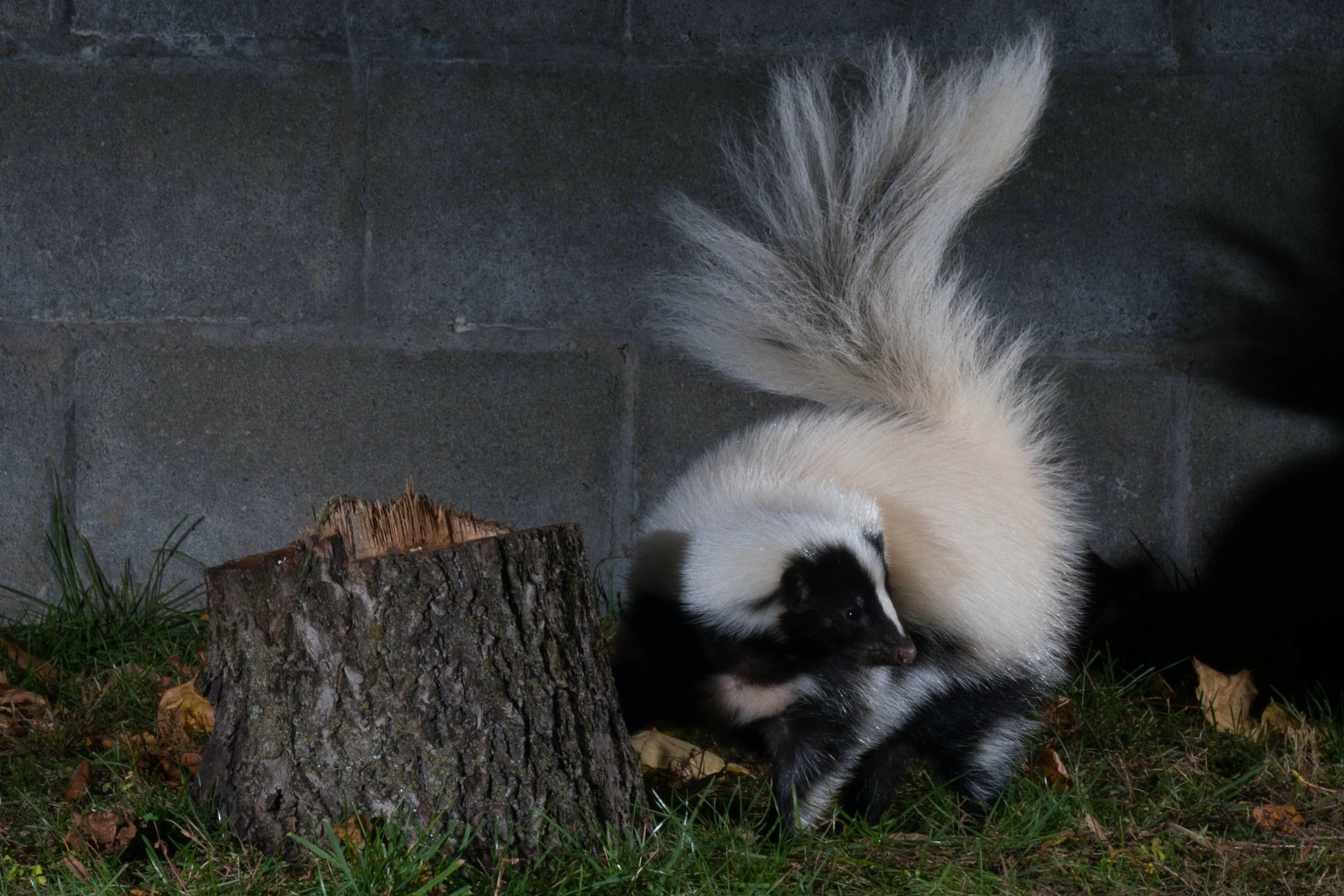
GREAT LAKES NUISANCE ANIMAL CONTROL
-
MOST SKUNKS ARE FEARED, NOT BECAUSE THEY ARE MEAN, BUT BECAUSE THEIR MAIN DEFENSE MECHANISM IS EXTREMELY OFFENSIVE, NOT ONLY TO HUMANS BUT ANIMALS AS WELL.
-
BIOLOGY
Skunks eat both plants and animals, which means they are considered omnivorous. Their diets actually change with the seasons, during the spring skunks will eat mice, grubs, snakes, and eggs. during the summer months their diet changes to Beatles, crickets, and other insects, and during the winter they will consume mice and other small mammals. The skunk also loves fruits when they are available. The two most common types of skunk species are the striped and spotted. both are black and white and have distinctive markings, with the striped skunk being larger and weighing up to 10 lb. The spotted skunk is smaller and can weigh up to 6 lb.
-
LIFE CYCLE AND REPRODUCTION
Most skunks do not live past 10 years, and when in the wild can drop to about three years. This mammal does not have many predators because of the foul-smelling spray that they emit, however there are foxes and coyotes and also there are a few predatory birds, such as owls that will swoop down and take them. The skunk likes to live by I’m selves except when they are breeding or in the dead of winter when it’s cold. They mate in the early spring with the male skunk often tending to several females in the neighborhood. The female will have a litter of 4 to 6 babies and are generally called kits. And may approximately 62 to 66 days after mating, the female will have her litter. The kids are small and covered in a fine fur and cannot see or hear. after about two months the babies will be weaned from the mother, but will stay with her throughout the summer before heading out on their own. all kits are striped even at birth and they have a natural instinct to spray as soon as they are weaned. The mothers are very protective of their young and will spray if approached.
-
HABITAT
Skunks do not hibernate however in the winter they will sleep for long periods of time during the cold weeks of winter. These mammals do not see well and will stay within a certain area of about 1 1/2 miles or females and up to five miles for the males. Skunks usually come out at late evening or early morning to forage for food. Skunks will sleep during the day in burrows that they borrowed from other animals and often will make their own burrows as they are very good at digging. Skunks typically live under porches, decks, and foundations.
-
COMMON DISEASES
The skunk can be a carrier of some very harmful diseases to humans as well as to pets. Since these mammals are adaptable to the urban areas they will live near humans especially if there is housing and water available making disease from these animals possible. Skunks do carry rabies, as well as distemper and tularemia. The skunk’s also will carry many parasites such as ticks, lice, and worms.
-
COMMON NUISANCE COMPLAINTS
One of the main complaints about skunks is the odor they produce when they feel threatened. This spray can be aimed at a predator from any direction, the skunk’s essence is very hard to get rid of once it has made contact with people or things. Skunks can spray up to 20 feet.
Other concerns include:
1.) Digging holes in lawns while searching for grubs and worms.
2.) Threatening or spraying at Pet, usually dogs.
3.) Skunks often fall down window wells!
-
WHAT CAN GREAT LAKES NUISANCE ANIMAL CONTROL DO FOR YOU?
Great Lakes Nuisance Animal Control has over 40 years dealing with skunks. We have the specialized equipment and the knowledge of skunks to usually, in most cases, remove them without them even spraying. It is very common to smell skunks before you even see them. Great Lakes Nuisance Animal Control has the specialized products on hand for odor neutralizing in the event that a skunk sprays!
After skunks have been removed it is extremely important to exclude the area where they had once lived. Great Lakes Nuisance Animal Control specializes in exclusion work. We have an unbeatable exclusion guarantee with the lifetime guarantee, the best in the business!
Contact Us Today For Skunk Removal
Great Lakes Nuisance Animal Control is fully licensed and insured and can work directly with your insurance company. We have experience working with many different insurance companies over the years and have a solid reputation with them. Contact us today for an estimate and let us help you with your animal control issues.
carl@greatlakesnac.com
(231) 830-6538
Servicing West Michigan
Call us today for an estimate!
Great Lakes Nuisance Animal Control is fully licensed and insured and can work directly with your insurance company. We have experience working with many different insurance companies over the years and have a solid reputation with them.
Call us today for an estimate and let us help you with your animal control issues.
Carl Johnson,
Licensed & Insured Wildlife Control Professional
(231) 830-6538

